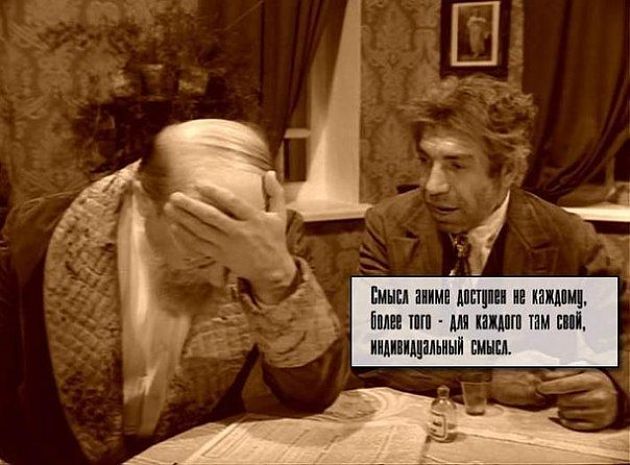The disruption of the anime festival in Makhachkala by the religious and conservative population has caused a real hysteria in certain circles in Russia.
Interestingly, both pro-government and opposition groups are united in their outrage against “Islamization” and “medieval fanaticism” in such cases.
We have already discussed the logic behind this unity in an article on the discussions about nightclubs in Dagestan.
Incidentally, these centers of alcoholism and debauchery, known as “temples of modern society,” have still not been closed. So it is unclear what kind of Islamization the liberal journalists of Lenta.ru are warning their readers about.
Unless, of course, the mere fact of such proposals and discussions by Muslims is perceived by liberals as incompatible with their idea of a “free society”.
But wait, what have they not called for banning in Russia recently – from dating sites to relationships between Russian women and foreign soccer fans during the World Cup?
And yet the initiators of these bans not only remain free (while the Muslim readers of Lenta.ru called for the “extermination”, “destruction”, etc. of those who propose such measures), but also remain deputies of the State Duma, prominent members of the ruling party, and so on.
This is not only in Dagestan and other Muslim regions, where entertainment events that offend people have been disrupted.
For example, a concert by the famous singer Marilyn Manson was disrupted in Moscow, not by unknown anime fans, but by the general public.
Concerts by Andrei Makarevich (because of his position on Crimea and the war in Ukraine), the bands “Sobery Avtobus” and “Gorillaz” were also disrupted at various times.
Concerts by Eldzhey, Matrang, Monetochka, and Jah Khalib were disrupted in various Russian cities.
Again, these are all fairly well-known performers, but their disruptions in the ordinary, “secular” part of Russia did not cause as much of a stir as the disruption of the anime festival in Makhachkala.
In addition, anime films are restricted in many countries around the world. These include not only Saudi Arabia or China, which can be described as non-democratic, but also New Zealand, Norway, South Korea, France and the United States.
So it is not only certain Muslim regions in Russia that have restricted certain anime productions.
There is a significant number of psychologists who argue about the harm of anime productions to the mental health of children (and adults!).
Endless plots, slow-motion scenes, distorted perception of reality, excessive violence and pornography, including the promotion of pedophilia and homosexuality – all these are integral elements of this world and subculture, which often lead many practitioners to constant depression and suicidal tendencies.
Nevertheless, it is important to note that no one has gone after these unfortunate individuals, trying to determine where they are viewing such content, barging into their homes, searching their phones, or doing anything else that could be perceived as an invasion of their privacy.
The conflict arose solely because they decided to bring their disease into the public sphere and use it to popularize and introduce it to predominantly healthy individuals.
It is natural for society to react to this, and if the promotion of homosexuality is officially prohibited in Russia, or religious proselytism is restricted according to Yarovaya’s laws, then it is unclear why the propaganda of Satanism or proselytism into the community of its followers should be allowed, which is essentially what the festival organizers intended to do.
In conclusion, it is worth mentioning to Russian advocates of democracy that in the absence of its basic institutions in the country, it is a clear provocation to blame Muslims who are outraged at the public introduction of phenomena that are alien to them, phenomena that are absolutely peripheral to democracy.
In the United States, for example, a democratic society based on strong religious communities and a conservative social environment has existed for decades, where no one could even dream of gay parades, anime festivals, or similar madness.
Yet Muslims are told to accept all this, even though they are currently deprived of basic rights and positions necessary for democracy, such as freedom of religion, an independent press, true multi-party democracy and political competition, and ultimately an independent judiciary.
Therefore, it should come as no surprise that Muslims will continue to fight for these institutions of civil society and, on the one hand, seek to use these institutions to protect their living environment from the consequences of the degradation of the original democracy.

